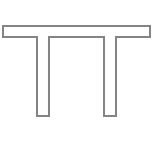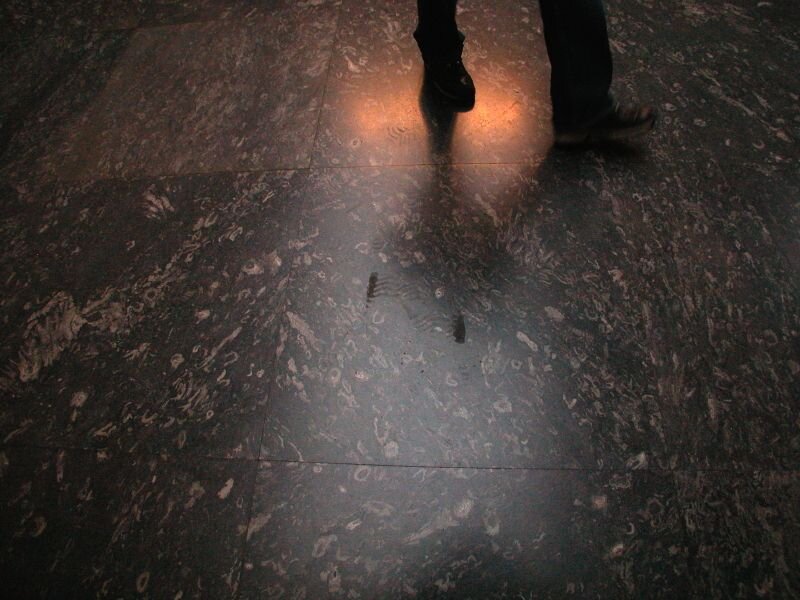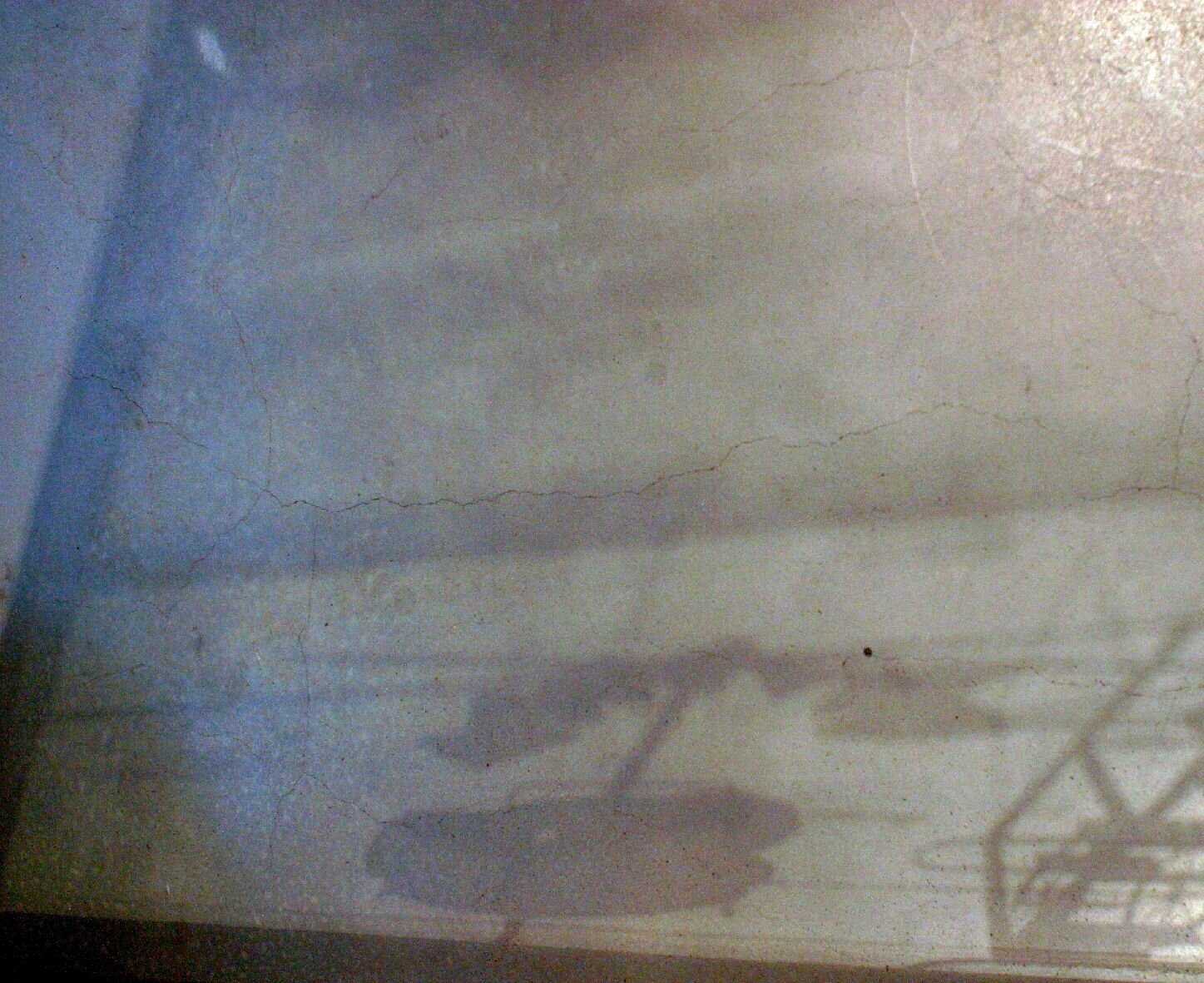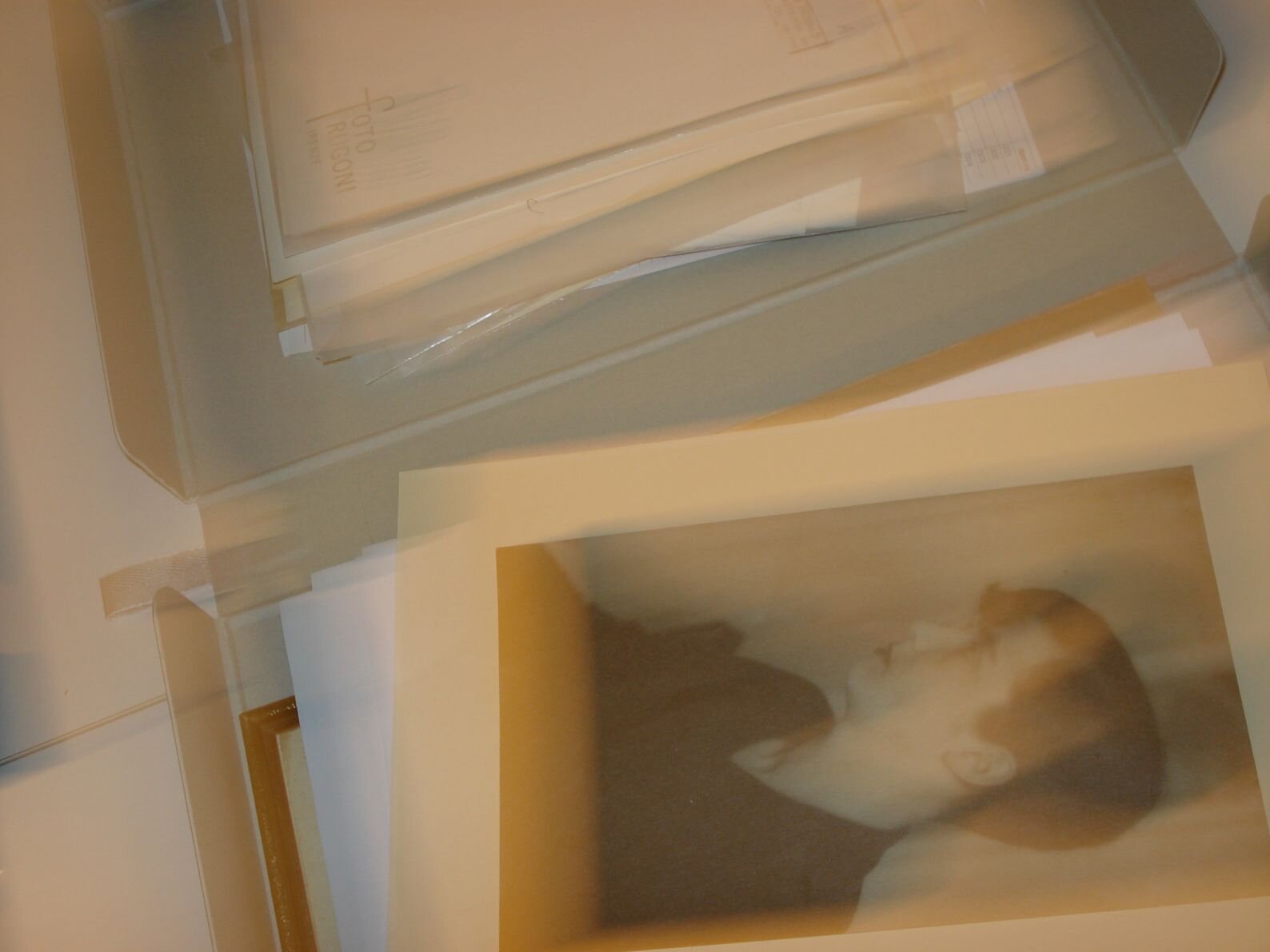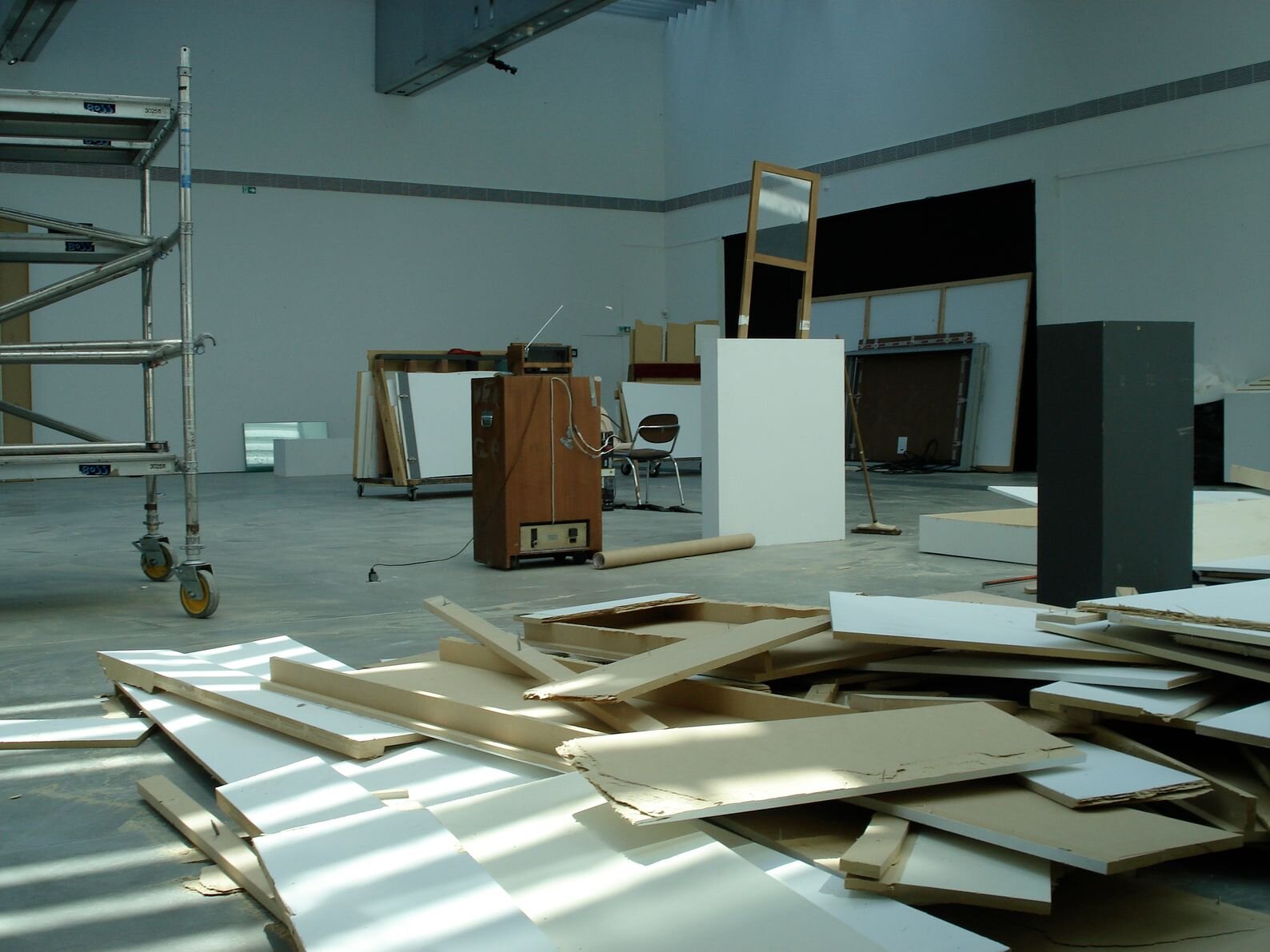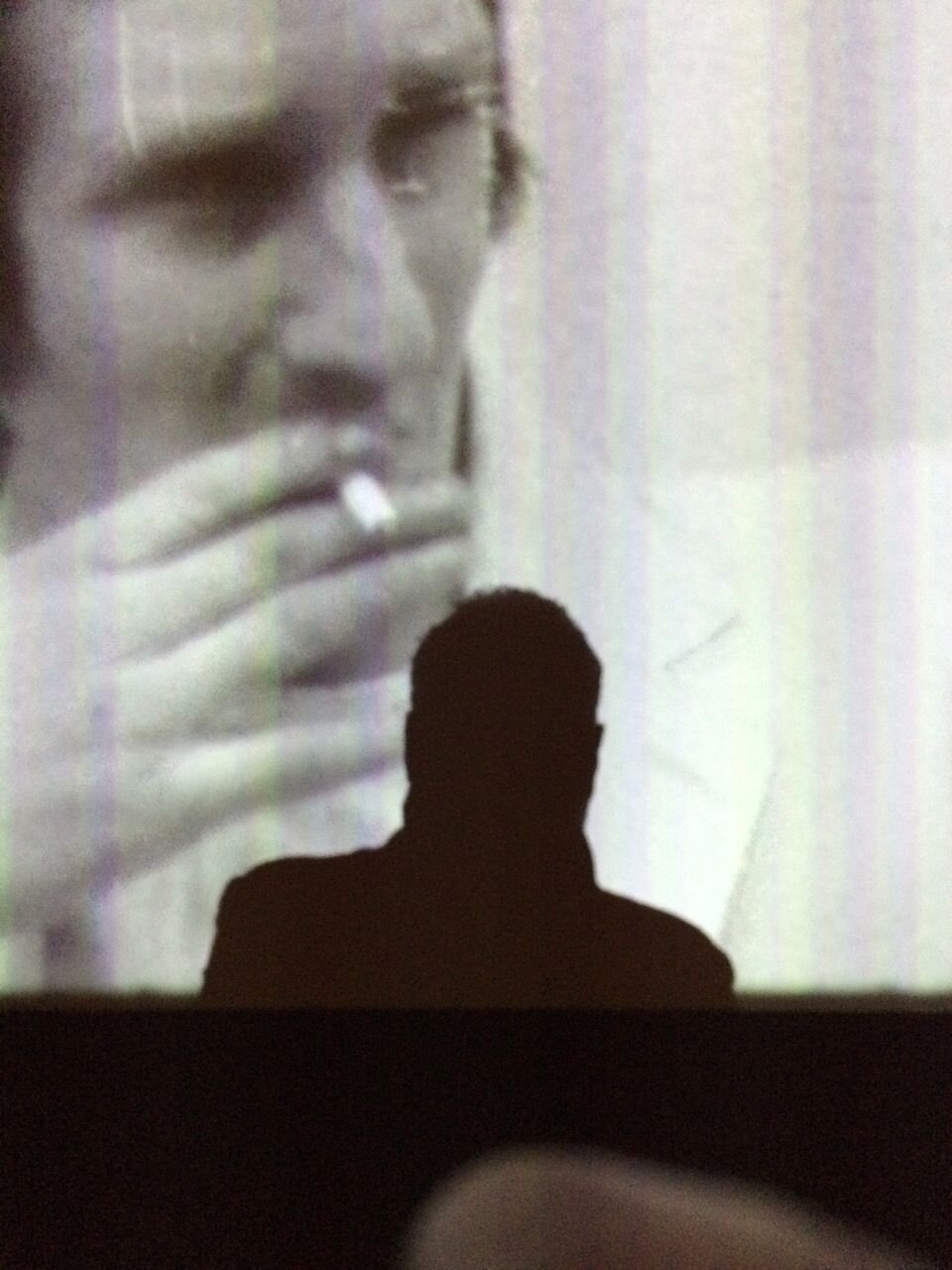Andrew McNiven
Andrew McNiven was born in Edinburgh in 1963 and studied Fine Art at Goldsmiths' College, graduating in 1987, a contemporary of many of the artists who rose to international prominence during the 1990s. He received his MA from Goldsmiths' in 1995. Since 1990 his work has been shown nationally and internationally by, amongst others: the Lisson Gallery, the Whitechapel Gallery, the Akademie der Kunst, Berlin, and the Neue Galerie, Dachau. Recent projects include ‘The First Night of Experimental Boredom’ at 222Lodge, Dordrecht (NL), ‘Visual Art by Verbal Means’ at Kunstal Rotterdam (NL); 'The Understanding Gaze': Perre Bourdieu/Andrew McNiven, White Box, Zeppelin University, Friedrichshafen, (DE). He completed an AHRC-funded, practce-led PhD at Northumbria University in 2011. Previously a lecturer at Edinburgh College of Art, he is currently Senior Lecturer in Visual Culture at Zeppelin Universität in Friedrichshafen, Germany.
Practice includes:
Moving image; audio; photography; installation; curatorial practice
Practice Statement
My work of the last fifteen years has been - in the most - about attention, consideration and knowledge. A kind of protracted intelligence-gathering and analysing operation. It began with an informal photographic practice, which evolved into a sound practice. This in turn led to my current moving image practice. This work has increasingly deployed elements of documentary practice, of observation, often using a distanced approach to achieve a sense of (contestable) objectivity. This is informed by a number of specific approaches: large format photography; minimalist aesthetics; diegetic cinematic sound - that is sound that is verifiable and ‘visible’; and the methodologies of visual sociology (sociologist Pierre Bourdieu’s advancement of the idea of ‘the understanding gaze’ in relation to his own use of photography in his research).
Related research & practice areas:
curatorial practices;
expanded studio practices;
experimental pedagogies;
language and image;
memory, forgetting, trauma and the archive;
sound, music, field recordings, composing;
space and temporary architecture;
Attention and perception; the senses
